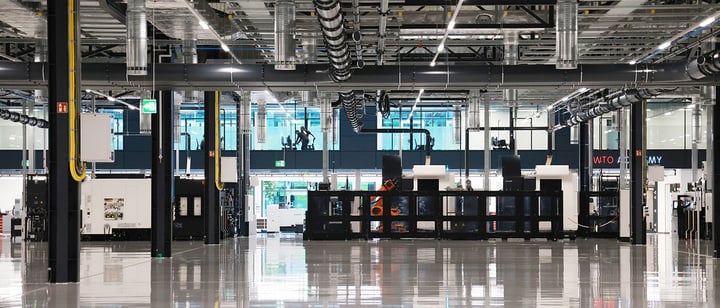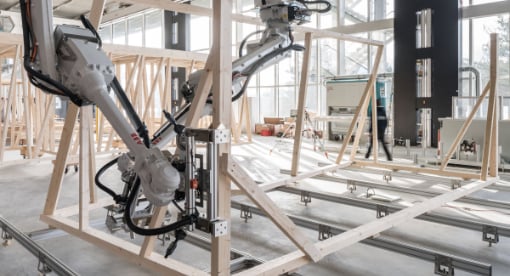The mechanical watch is returning to a position of importance alongside the quartz watch, the latter equipped with fully electronic movements and display. As for mechanical watches, they comprise traditional parts and movements, in the most noble sense of the term. The principle actually has not really changed since the invention of watch movements which tell the time. The same cannot be said for production techniques which, always evolving, no longer have much in common with past methods. Tornos demonstrates this in striking fashion on the occasion of its Journées horlogères ’watchmaking days’.
From the past Originally, watch parts and movements were entirely manufactured. Then cam-type turning machines took over. Long production runs of parts with a high level of repeated precision then became a possibility. In the last few years, these turning machines have been progressively replaced by numerically controlled turning machines, enabling the manufacture of more complex parts while ensuring faultless levels of precision and repetitiveness. However, industrial automation and market trends continually influence the manufacture of watch parts and machine-tool producers for this sector have to continually adapt. During the Journées horlogères, Tornos presents practical examples.
Back to the future The style of watch known as ’skeleton’ has been very favourably received on the market. The owner of such an object can not only tell the time, and other information for complication timepieces, but can also take an inquisitive and admiring look inside. This is much to the satisfaction of those passionate about technology but puts even more demands on the manufacturers of these watches and consequently on parts suppliers, in particular bar turners. This is where looks take over from technology: the surfaces of visible parts – screws included – need to be impeccable. High precision and finishing needed for the required quality levels are not enough. Beauty is even more demanding.
Reassuring discovery And so what? Yes, the Swiss watch industry is also fighting with a slow down, nevertheless companies working with high end machines and high end people are still on a good position. I’ve discussed with a subcontractor for the Swiss watch industry and that was really clear, even if machines are incredibly efficient today, the craftsman skills will always make the difference. It can be in cycle time or way to do the parts or even on surface finish. Isn’t it a good news for all these companies doing "miracles" day after day with their so precise skills?
py






















